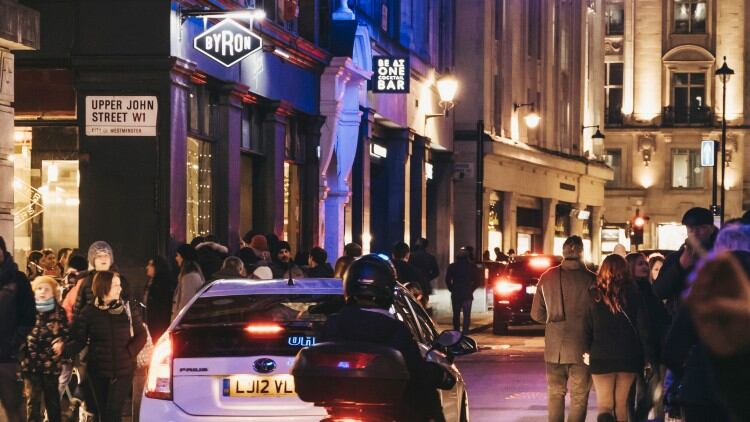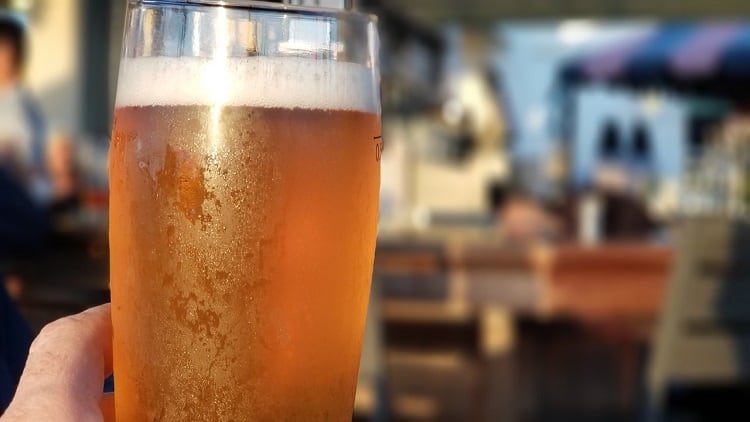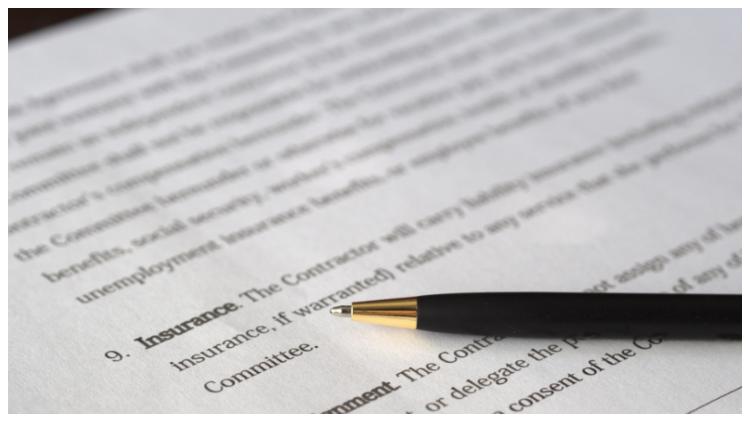Licensing experts Philip Kolvin QC and Alicia Scholer concluded venues would have to make radical adaptations to social changes or face extinction in a paper titled Covid’s Metamorphoses: The Future of the Social Economy.
Venues will no longer be able to rely on high turnovers from a select few days of the week, such as bustling Friday nights or family meals on Sunday. Instead, they will have to expand their opening hours and offer more to the community throughout the week.
The report stated: “As to time, venues are much less likely to survive if their efforts are directed at attracting a pre-loaded 20-something crowd in large numbers on two nights a week.
“Rather, management will need to sweat their assets by extending their hours of operation.”
The authors suggested broadening evening food offers with “early sittings” to facilitate people wanting to avoid peak hours and using apps to organise customers’ arrivals at venues. A spontaneous night out is out of the question for punters for a while.
A move to outside socialising will mean noise levels in compact cities increase and legislation will need to be adapted to make it easier to allow pubs to use street space.
The report continued: “We will all have to bear some pain in exchange for a vibrant social economy; the sociability of the city, after all, is what drew in many urban residents in the first place.”
Making space
The paper suggested that as the public’s relationship with public transport has changed, street space could be divvied out to venues to enable social distancing as well as an increase in people cycling and walking. They predicted a reduction in car use in city centres will have to be enacted.
“In due time, the allocation of 80% of the public space between building lines to motor vehicles will come to be seen as a foolish historical aberration,” the authors said.
People will feel hesitant to travel into town and city centres for their social time, meaning local authorities in less populated areas should work to invest in local ‘15 minute’ hubs of services and venues, the paper said.
For landlords with commercial properties in city centres they recommended dropping rents. The paper states: “Sensible landlords will adjust rentals downwards to preserve the tenancy. In other cases, the Government should look at legislation to permit tribunals to refix rental levels in the light of these changed circumstances. The costs and consequences of this virus should not fall on tenants alone.”
The paper can be read in full here.
• Read the latest digital edition of The Morning Advertiser – for free – by clicking here.




